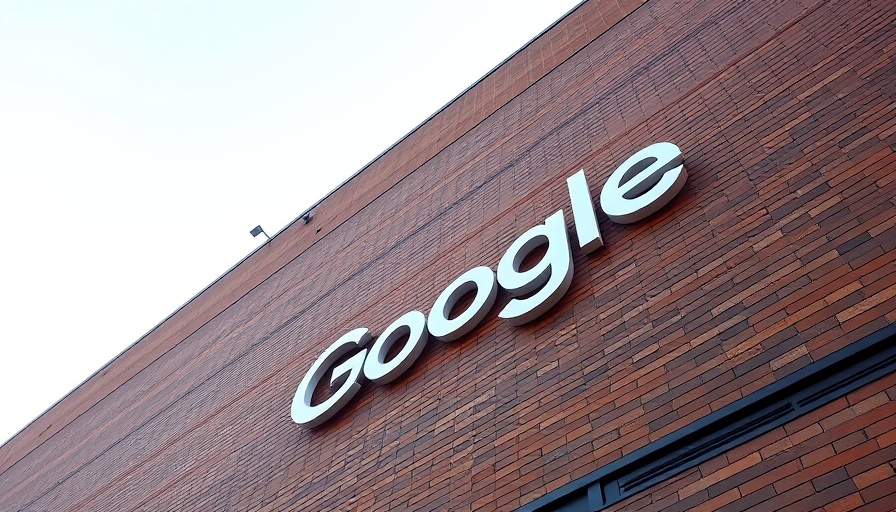
DOJ's Continued Push Against Google's Dominance
In a striking move that signals ongoing tensions between the U.S. government and tech giants, the Department of Justice (DOJ) has reiterated its demand for Google to divest its popular browser, Chrome. This latest proposal comes as part of a protracted antitrust case that has seen accusations of illegal monopolistic practices against the tech titan. The DOJ has positioned this divestiture as essential to restore competition and curb Google's overwhelming control over the online marketplace, describing Google as an 'economic goliath' that undermines fair competition. The renewed push for divesting Chrome aligns with the DOJ's previous stance under the Biden administration, indicating bipartisan support for actions against major tech companies, even as Trump's administration continues to project a hardline stance against Big Tech.
AI Investments: A Compromise or a Strategic Move?
Interestingly, the new DOJ proposal has made a notable shift regarding Google's investments in artificial intelligence. Initially, it sought to divest Google of its stakes in AI firms, including a multi-billion-dollar investment in Anthropic, a key player in the AI landscape. In an unexpected turn, the DOJ will now only require Google to provide prior notification of future investments in AI, which could be seen as a tactical compromise. This adjustment reflects the DOJ's recognition of the complexities surrounding AI dynamics and the potential unintended consequences that could arise from such sweeping divestitures. Critics argue that while the approach softens demands on AI, it may still constrain Google's ability to innovate and lead in a sector that is quickly becoming critical to economic growth and technological advancement.
Implications for Future Tech Regulation
The ramifications of this proposal are far-reaching. The outcome of the DOJ's actions could redefine the competitive landscape not just for Google, but for technology companies across the spectrum. With mounting scrutiny from regulatory bodies, companies may need to reassess their competitive strategies to align with evolving regulatory expectations. The necessity for more transparency in AI investments could also serve as a precedent, establishing a regulatory framework for how tech companies operate in a manner that prioritizes competition and innovation while safeguarding consumer interests. This evolving narrative points to an inevitable balancing act between fostering innovation and ensuring economic fairness.
A Call to Action for Tech Leaders
As tech professionals and executives navigate this shifting landscape, it's crucial to stay informed about ongoing regulatory developments. Understanding the implications of these proposals can help businesses strategize effectively. Advocates for fair competition should advocate for policies that not only challenge monopolistic practices but also encourage innovation in a competitive marketplace. Remaining proactive and adaptable will be key for tech companies aiming to sustain growth and contribute positively to the evolving technological ecosystem. The decisions made in this high-stakes scenario will not just impact Google but may also set a broader precedent for how companies engage with regulatory frameworks in an increasingly AI-driven future.
 Add Row
Add Row  Add
Add 




Write A Comment